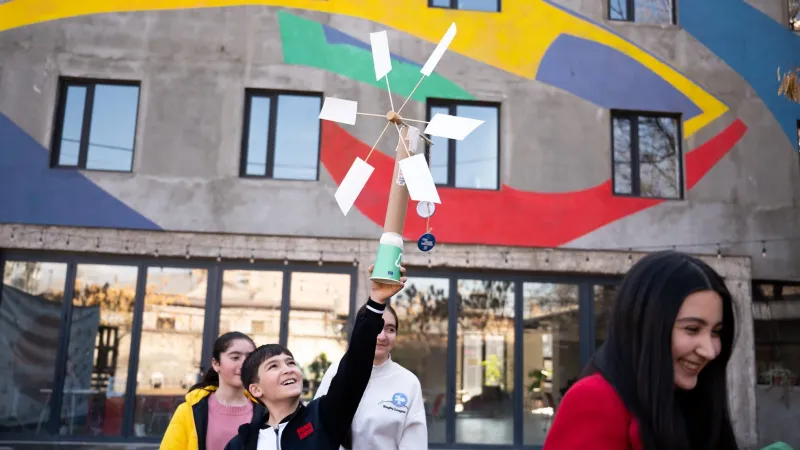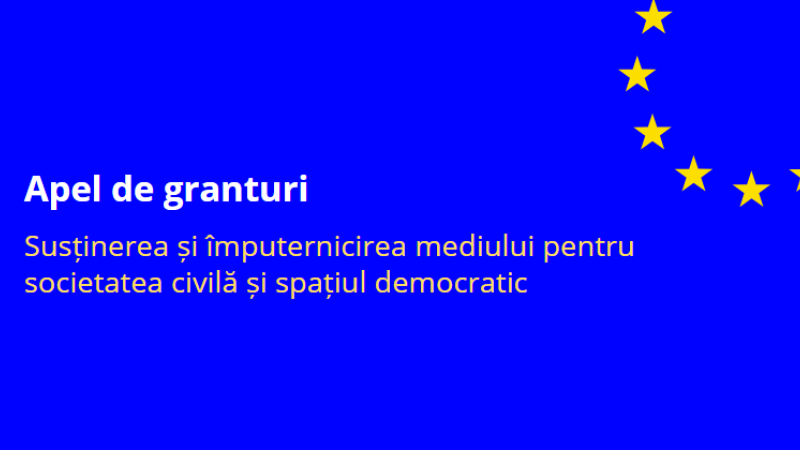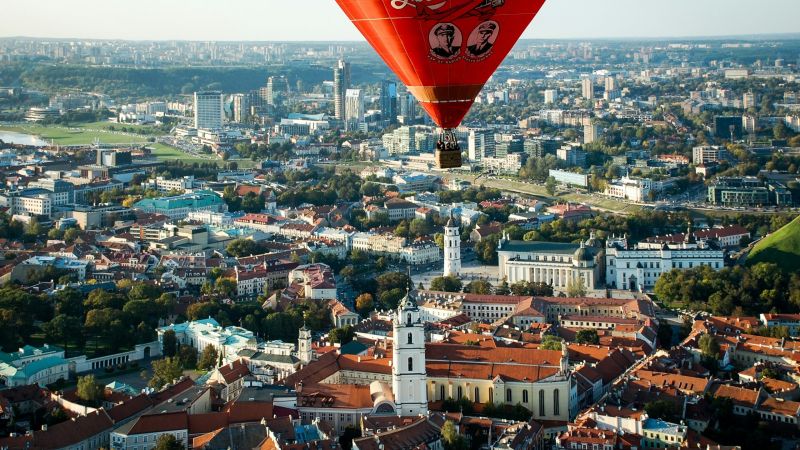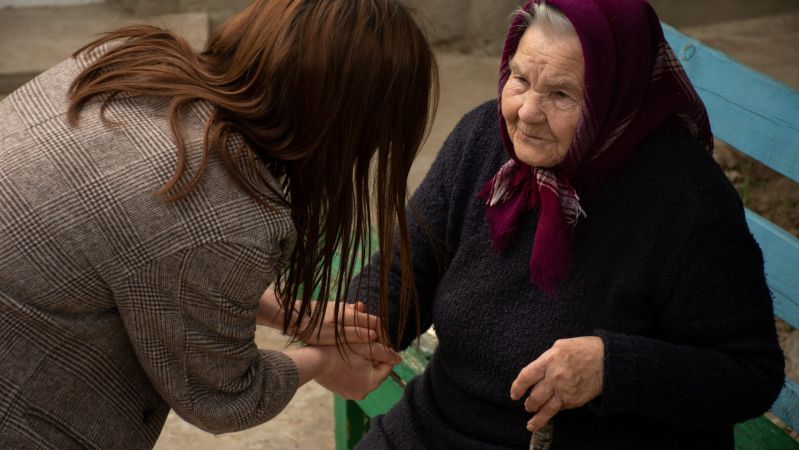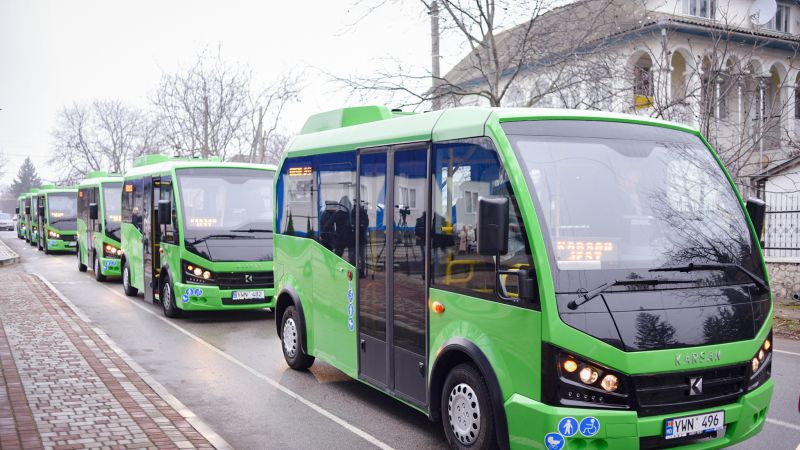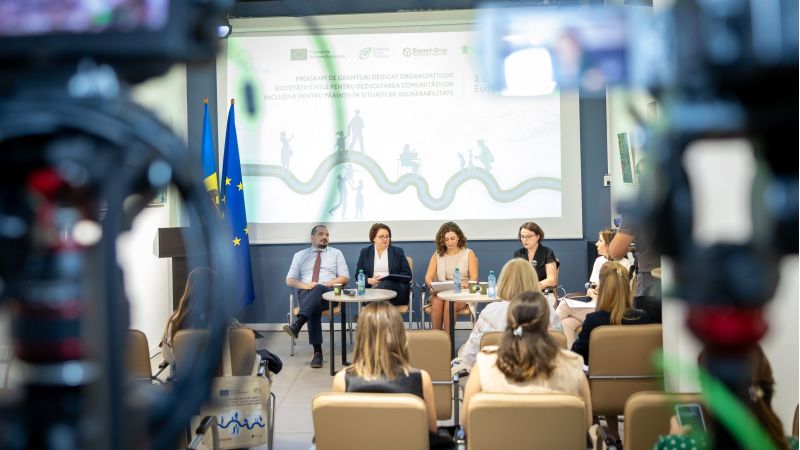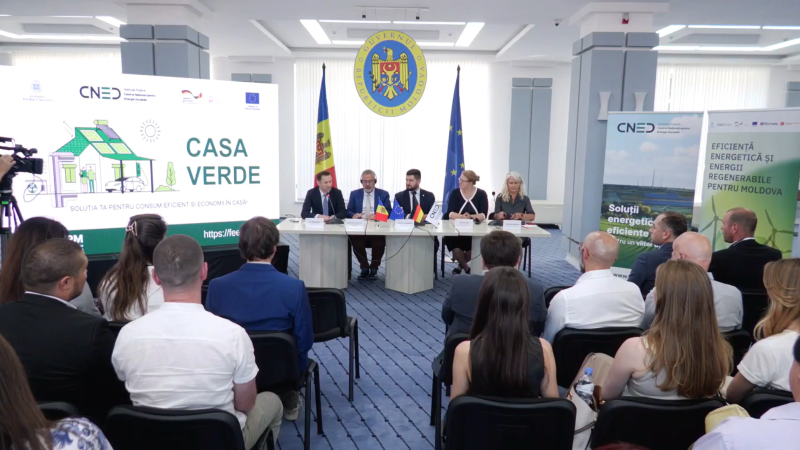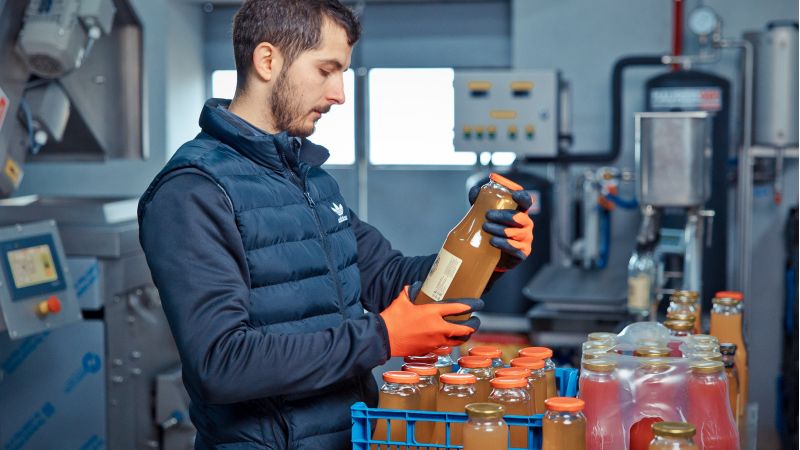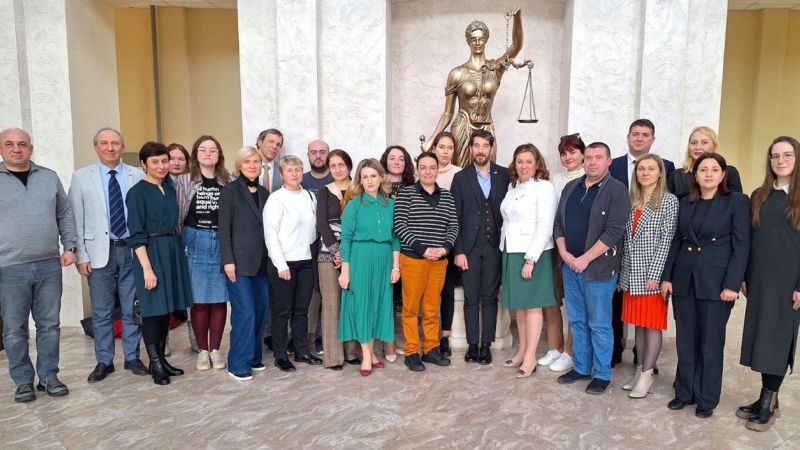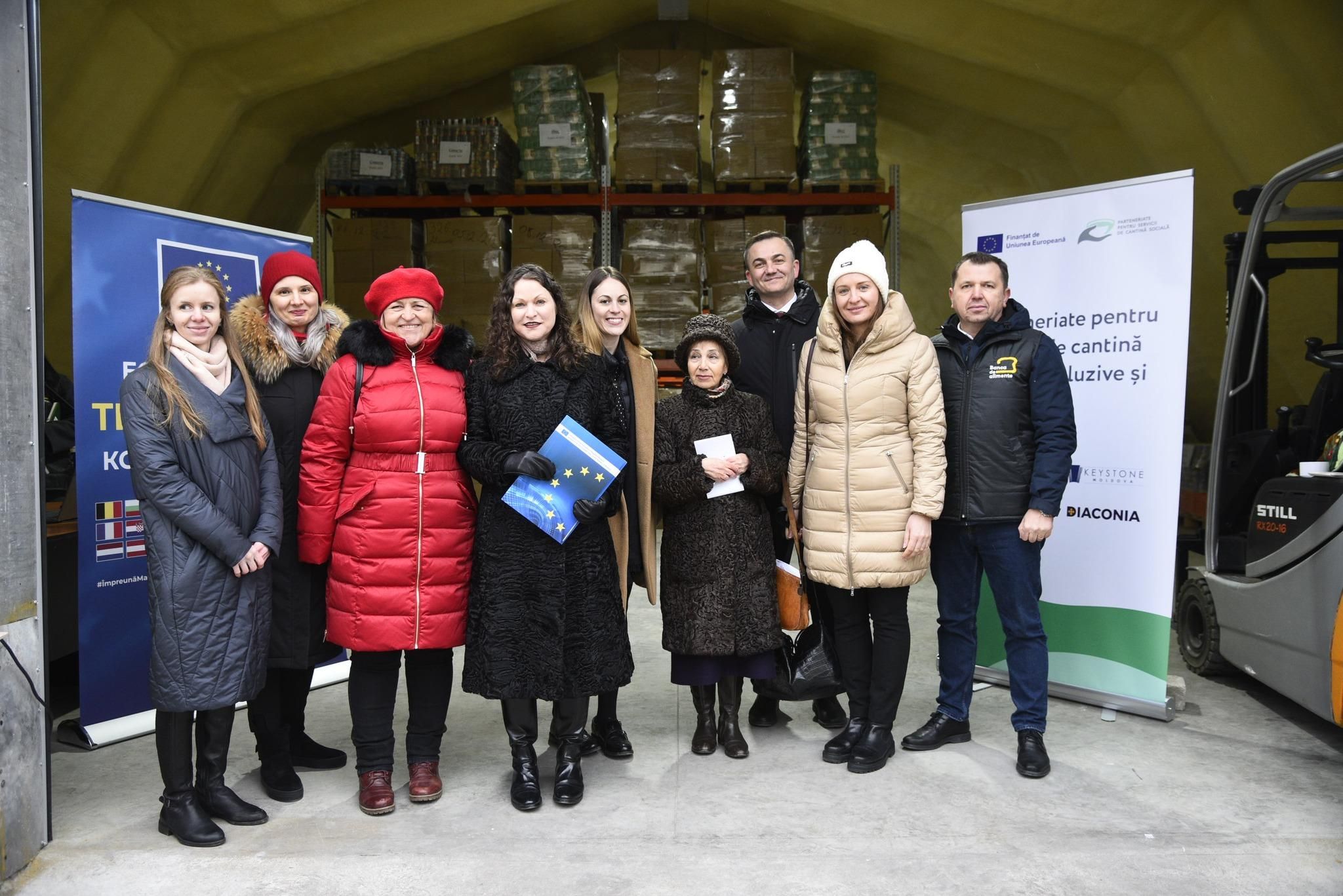
Banca de Alimente din Moldova și-a îmbunătățit activitatea datorită suportului Uniunii Europene
Uniunea Europeană a donat două unități de transport pentru a eficientiza funcționarea Băncii de Alimente. Este vorba despre două autoturisme specializate dotate cu sisteme frigorifice ce vor face posibilă distribuția în condiții de siguranță a alimentelor ușor perisabile colectate de Bancă pentru serviciile sociale din întreaga țară.
Acest sprijin este oferit de Uniunea Europeană prin intermediul proiectului „Parteneriate pentru servicii de cantină socială incluzive și durabile” ce urmărește dezvoltarea serviciilor de cantină socială din țară.
Magdalena Mueller-Uri, șefă a secției Operațiuni în cadrul Delegației Uniunii Europene în Republica Moldova a declarat: „Uniunea Europeană acordă suport continuu cetățenilor Republicii Moldova în scopul ameliorării impactului crizelor din ultimii ani – pandemiei de COVID-19, crizei energetice, crizei provocate de războiul din Ucraina. Situațiile de criză afectează în mod disproporționat persoanele din grupuri vulnerabile. În acest context, colaborarea cu societatea civilă este deosebit de importantă. Datorită celor două vehicule specializate dotate cu sisteme frigorifice, capacitatea Băncii de a sprijini serviciile sociale ce susțin persoane din grupuri vulnerabile va fi îmbunătățită semnificativ.”
Banca de Alimente reprezintă un mecanism practicat la nivel internațional prin care surplusul de produse alimentare sigure pentru consum ce riscă să fie aruncate de către operatorii din lanțul agro-alimentar sunt donate către Bancă. Ulterior, aceste produse sunt distribuite către serviciile sociale care deservesc persoane din grupuri vulnerabile.
„Banca de Alimente este un mecanism inovativ prin care ne-am propus să diminuăm risipa de alimente și numărul oamenilor afectați de foame și malnutriție. Apreciem faptul că Uniunea Europeană e alături de oamenii aflați la limita existenței. Gestul de azi, dar și sprijinul complex- parte din proiect, capacitează Banca și contribuie la crearea unei platforme de cooperare extrem de necesară în contextul social actual”, a declarat Igor Belei, Director executiv I.R.M.S. Diaconia.
Prezentă la eveniment, Valentina D’Arrigo, Manager Dezvoltare a Parteneriatelor și Capacităților în cadrul Federației Europene a Băncilor de Alimente (FEBA) a comunicat:
„Din anul 2022, serviciul Banca de Alimente din Moldova este membru asociat FEBA, o rețea europeană non-profit axată pe recuperarea și redistribuirea alimentelor. Considerăm că această donație va aduce o contribuție valoroasă pentru activitatea Băncii de Alimente și va fi un sprijin important pentru ca echipa Băncii să ajungă la cât mai mulți oameni în nevoie.”
Totodată, în cadrul proiectului va fi îmbunătățită capacitatea de funcționare a Băncii de Alimente prin intermediul unei platforme online. Donatorii de produse alimentare vor putea indica prin intermediul platformei cantitatea de produse disponibile, iar serviciile sociale le vor putea accesa în funcție de amplasarea lor regională. În prezent, Banca colaborează cu 30 de servicii sociale din țară, iar în următorii doi ani urmează a fi dublat numărul acestora și circa 5000 de persoane aflate în dificultate vor avea parte de hrană datorită alimentelor recuperate.
„Statistica arată că majoritatea persoanelor care apelează la cantinele sociale sunt în etate sau cu dizabilități. Pentru acești beneficiari, prânzul oferit de către cantina socială este unica masă caldă din zi. În acest context este esențial să valorificăm fiecare oportunitate de a diminua insecuritatea alimentară a grupurilor vulnerabile”, a menționat Ludmila Malcoci, directoare executivă Keystone Moldova.
Proiectul „Parteneriate pentru servicii de cantină socială incluzive și durabile” este finanțat de Uniunea Europeană, cofinanțat și implementat de I.P. „Keystone Moldova”, A.O. „Concordia. Proiecte Sociale’’ și I.R.M.S. „Diaconia”.
Perioada de implementare a proiectului este 01.01.2022 – 31.12.2024, valoarea totală fiind de circa 1,3 milioane de euro.
